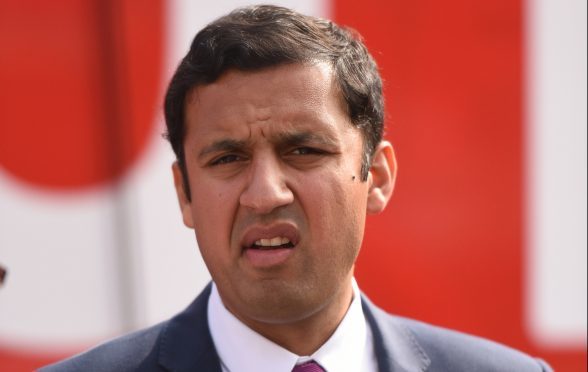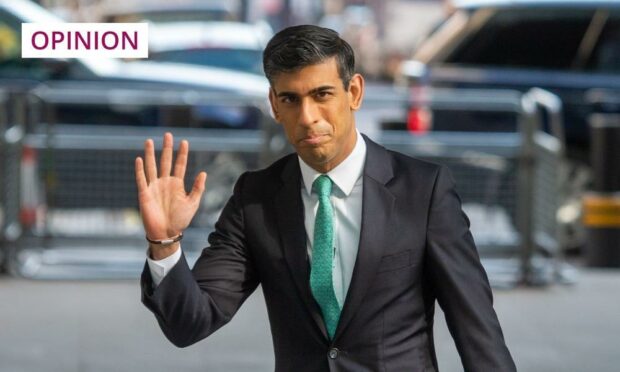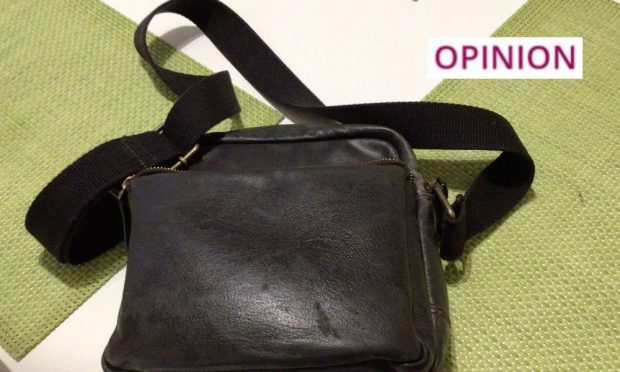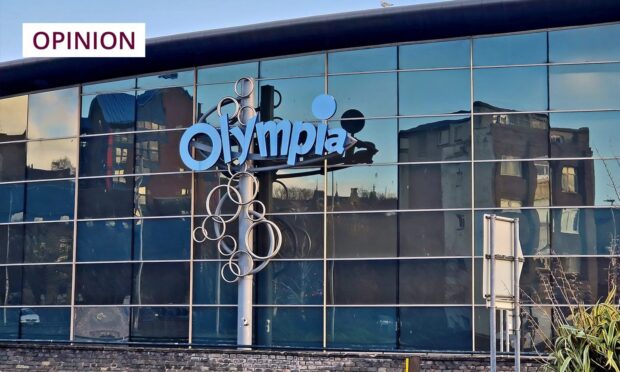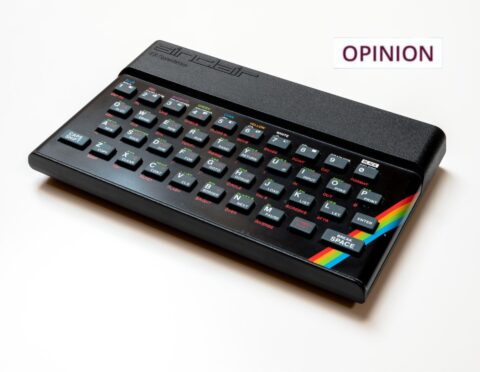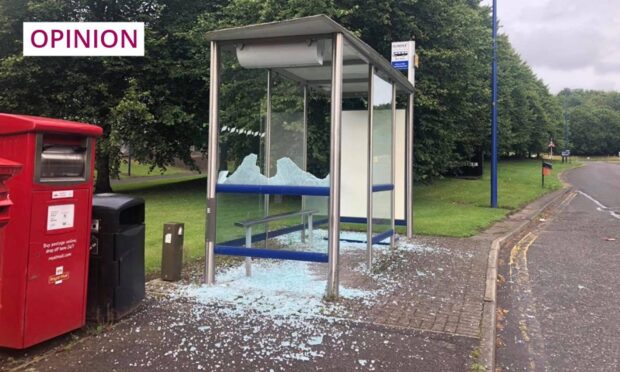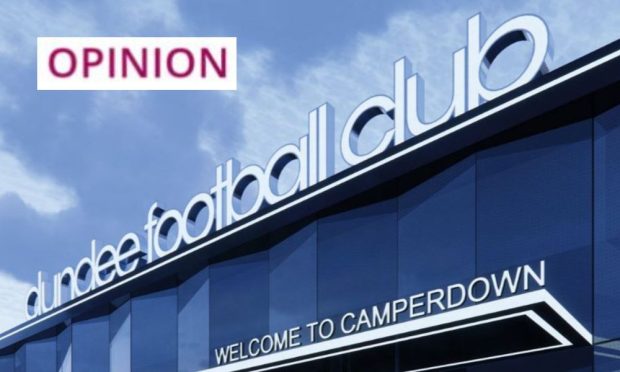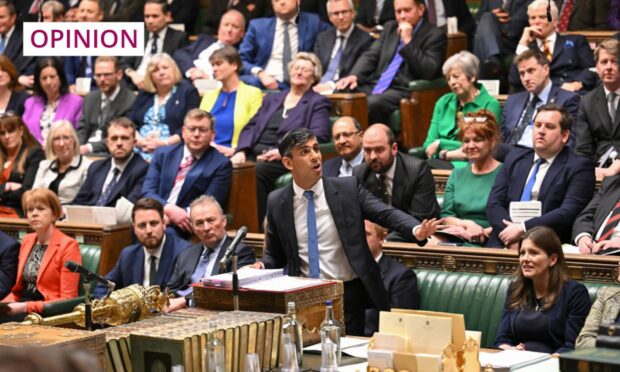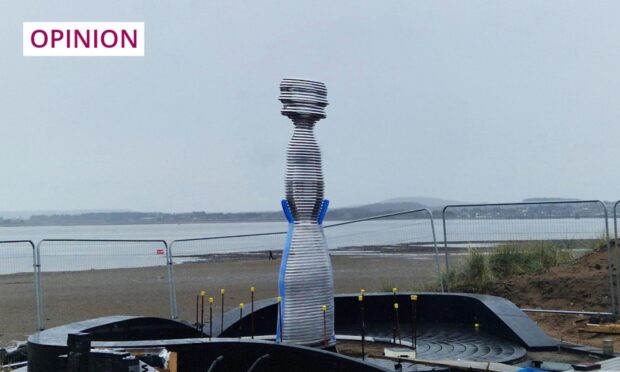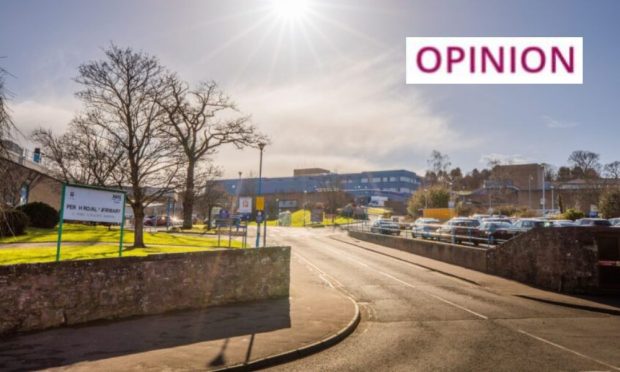Sir, – Jenny Hjul’s article (“We need to talk about this”, The Courier, January 31), highlights the fact that racial bias is more common than we think, and must be exposed at every level.
Labour MSP Anas Sarwar was correct to take action against a disgraceful racial slur made by one of his own Labour Party officials.
It takes that type of courage to make a stand against racism, which is essential wherever it raises its ugly head.
However, the idea that racism in Scotland or the UK is only directed to Pakistani and other foreign nations is sadly misguided.
I had my own experience of this during the 2014 Scottish independence campaign, while out canvassing voters in central Perth.
A man spoke to me and assumed from my accent that I was English.
I explained my father was Scottish, born and bred in Dundee as I was, and my mother was a Londoner.
He asked why I backed the Union campaign and his attitude became very aggressive.
He then shouted: “You belong in your motherland and will be sent there” to which I replied that I was already in my fatherland and intended to stay.
He walked away but turned after a few paces and shouted loudly that “A free Scotland will soon get rid of all you English b******s”.
Racism is neither an SNP policy, nor a policy of any other UK party and I have since debated with many SNP voters on the merits – and otherwise – of independence.
However, this unsettling incident made me aware that many levels of raw and ignorant racial animosity can be harboured by every UK citizen.
Angus Brown,
The Orchard,
Station Road,
Longforgan.
Identity politics is dangerous
Sir, – MSPs wring their hands in despair at the comment made that people wouldn’t vote for a candidate because of their race.
But wait a minute, is this not the same parliament that routinely obsesses about the identity of office holders and representatives?
They want more women, fewer men, more black and minority ethnic, fewer white, more young, fewer old, more gay, fewer straight, more minority religious adherents, fewer Christians.
Having played identity politics enthusiastically in the politically correct direction, one can’t complain when people play the same game in reverse.
If you keep delivering the message that race, sex, religion etc, are important factors when selecting a person, don’t complain when people believe you.
I don’t care about a candidate’s identity – I care about their character, qualities, values and policies.
So, for example, I would not treat a Pakistani preferentially or adversely. Simple.
Identity politics is a dangerous game.
Unless one’s aim is to dissolve our society into embittered warring factions, it’s best not to play it.
Richard Lucas.
Leader of the Scottish Family Party,
272 Bath Street,
Glasgow.
Sectarian abuse at football
Sir, – Having followed the news concerning moves to repeal anti-sectarian laws (“MSPs vote to repeal Offensive Behaviour at Football Act”, The Courier, January 26) I have to assume that our gutless politicians, and the police force which is entrusted with enforcing them, are out of touch with those who have suffered abuse – verbal or physical –because of their religion.
Is sectarian abuse not as serious as racist or sexist abuse?
Most of the discussion has been about sectarian abuse at football matches.
There are only, in my experience, two clubs in Scotland whose supporters sing sectarian songs, or display inflammatory banners.
The authorities say it is difficult to stop. Why not try closing the part of the ground the offensive chants come from, for example for four home games?
Maybe then the decent people who attend the matches will react against the oafs, making them see sense!
Meantime, I shall stay at home when either of the clubs in question visit Perth, as I find the singing abhorrent.
Alister Y. Allan.
18 Castle View,
Letham,
Perth.
Prospects for UK look grim
Sir, – So now we know: the experts in the Department for Exiting the EU have reported that the damage to the UK economy caused by Brexit, over the next 15 years, would range from 2% at best, to 8% if the Brexiteers were to achieve their aim of leaving without any kind of deal.
Although the Westminster Government has distanced itself from this leaked analysis, it chimes very much with the Scottish Government’s own analysis on the impact of Brexit, which was published a few weeks ago.
This showed that a hard Brexit would cost each person in Scotland £2,300 per year.
And, if the UK Government really thought these figures were incorrect, all they would need to do is publish the correct figures to disprove either analysis.
But so far, 18 months on from the referendum, and all the consequent negotiations, we still have no realistic picture of exactly how the UK Government expects Brexit to benefit the people of the country.
The nearest we have had is a few random figures written on the side of a bus.
Now it may well be possible to make a rational case for Brexit, if it was properly planned and negotiated, by a competent and united government with the country behind it.
However, the incompetence of this utterly divided government, a laughing stock in Europe and beyond, is clear for all to see, and the prospects for the UK are grim.
Les Mackay.
5 Carmichael Gardens,
Dundee.
The case for diesel cars
Sir, – I have become part of the most dangerous people in the UK – I use a diesel car.
Several cars ago I moved to diesel as they seemed to be best for the environment.
I get over 20% better mileage than the petrol version, lower CO2 so better for greenhouse gas emissions, and lower car tax.
Why should I buy an electric car to replace it when they are not suitable for my needs such as towing and long-distance travelling?
Plus, I’m not sure what the health and safety people will think of a power cable dangling out of a tenement and crossing the foot path so I could charge this electric car.
Has there been a real study to find out how much pollution diesel cars contribute in the overall total?
I’ll be surprised if it’s as high as 5%.
The main diesel users are the trains, coaches, delivery lorries and trucks and airplanes.
If we are serious about reducing pollution, let’s reduce the usage of these methods of transport.
People should be restricted to one return flight or long train journey a year, given less choice of clothes and food, so there are fewer delivery trucks polluting the environment.
Also, if people lived and worked within a limited radius there would be less travelling time and thus less pollution.
However, I think there would be flying pigs and blue snow before people accepted this.
Gordon Fotheringham.
Woodland Way,
Kingoodie.
How does BBC justify salaries?
Sir, – Continuing the debate regarding BBC salaries.
How do they justify using licensee’s money to pay a man a salary of £250,000 a year for reading the news on television from an autocue?
This is more than the Prime Minister gets – and they only work three days a week.
Alister Rankin.
93 Whyterose Terrace,
Methil,
Leven.
